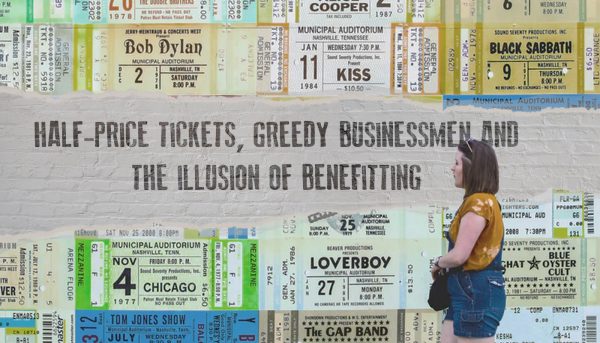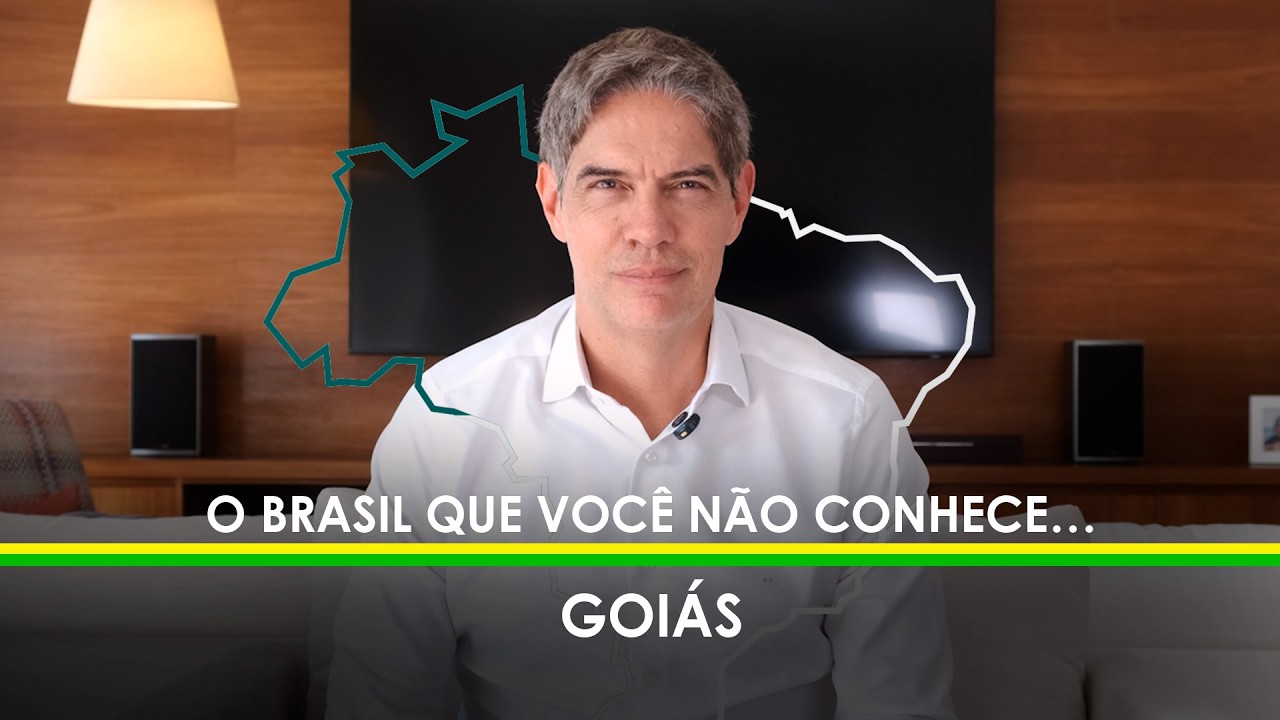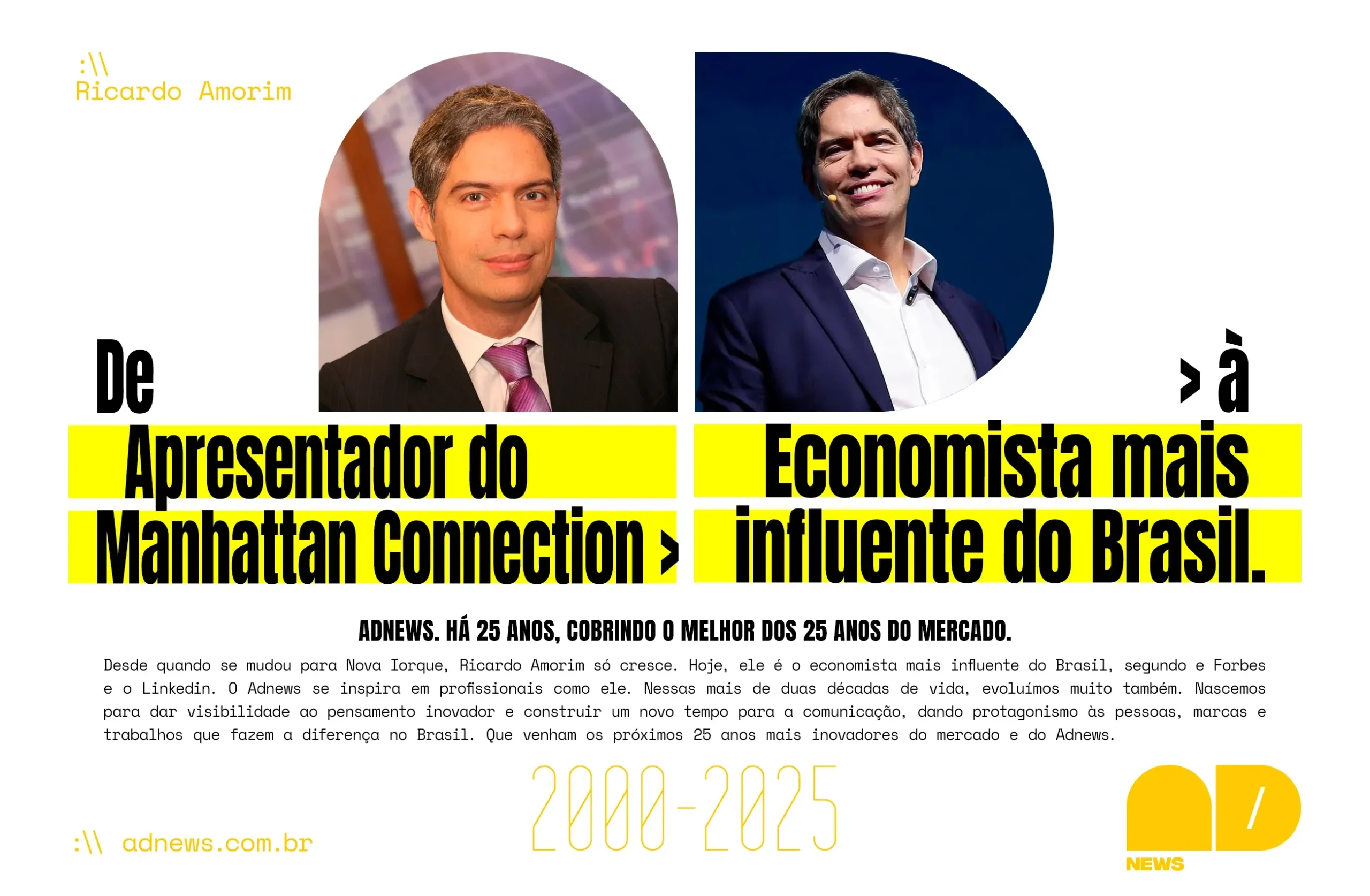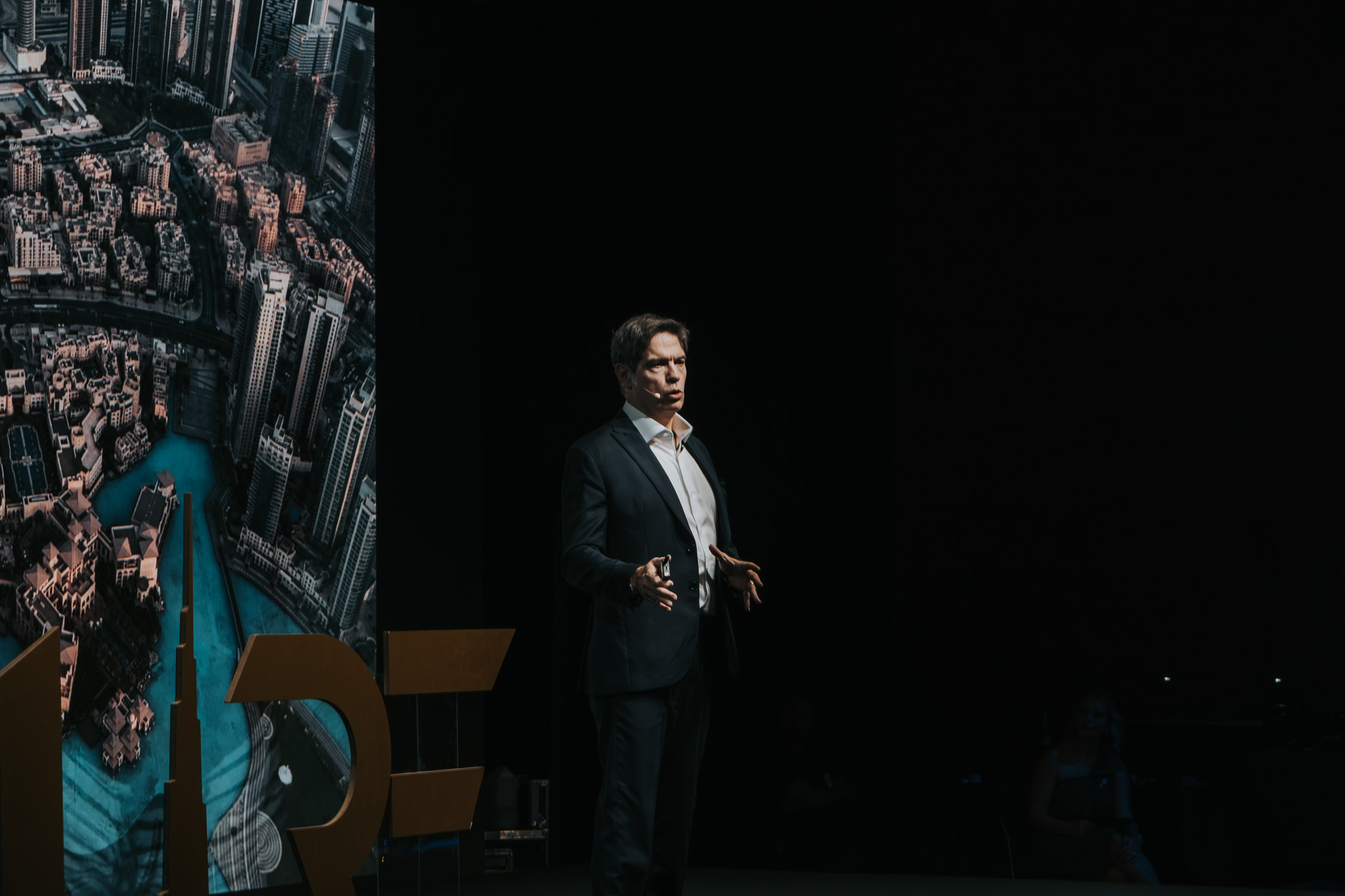
The end of the so-called half-price tickets was recently discussed. There was a general outcry. A majority of people are for maintaining half-price, even though it reduces the number of shows, makes admission tickets more expensive for the majority of attendants, and does not make tickets cheaper for anyone.
By making tickets more expensive for many, half prices make less people afford them. This is why show promoters want the end of it. They do not earn less money on half-prices – it is not the case – but because they sell less tickets in total.
Put yourself in their shoes and it is easy to understand why. Imagine that you organize a show for 1.000 people. Staging it costs R$ 80 thousand. Your experience shows that in order to sell 1.000 tickets the most you can charge per ticket would be R$ 100, which would bring in R$ 100 thousand in sales plus a profit of R$ 20 thousand. Since there are half-price tickets, you raise the ticket price to R$ 200. Half-price tickets will then cost R$ 100. By selling 1.000 half-priced tickets you are paid R$ 100 thousand, at a profit of R$ 20 thousand.
The problem is not everyone is entitled to pay half-price. With less people able to afford paying R$ 100 per ticket, you only sell 500 half-priced tickets and collect R$ 50 thousand. Besides, you also sell tickets at full price, but since less people are willing to pay R$ 200 than R$ 100 per ticket, you only sell 200 tickets at R$ 200, and collect another R$ 40 thousand. Adding R$ 50 thousand from half-price sales and R$ 40 thousand from full-price sales, your will have sold a total R$ 90 thousand. The result is that if there were no half-price tickets 1000 people would see the show, paying R$ 100 each. With half-priced tickets only 700 people see the show – 500 of them paying half-price and 200 paying full price – and the income goes down to R$ 90 thousand.
In short, the following came out losing:
1) The show promoter, who earns R$ 10 thousand less,
2) 200 people who could have paid R$ 100 and had to pay R$ 200 to see the show
3) 300 people who wished to see the show at R$ 100 and could not because the tickets now costed R$ 200.
And who stands to gain? No-one Those who pay half price have the illusion that they had an advantage because someone paid more for the ticket than they did, but they would have paid the same if there were no half-price tickets.
And who was left to pay R$ 200? Poor workers who cannot afford to pay university tuition to become students or could not be admitted to a public (free) university. A student with higher personal or family income will continue to pay R$ 100 per ticket, the same as a false student who uses a false student ID, but even they do not pay less, they just do not pay more.
The only reason why people support this illusion is because these tickets were named “half-price”. If they were called what they really are – tickets at double the price – no-one would support them.
Lots of people then say: but if half-price tickets end, Brazilian entrepreneurs – who may be particularly greedy – will not reduce prices. Put yourself in the shoes of the greedy entrepreneur. With the end of half-price tickets, your first option is to keep the ticket price at R$ 200 and besides the 200 tickets that you were used to sell you now sell another 200 tickets to some of the 500 people who used to pay half price before, coming to a total of 400 tickets sold, making R$ 80 thousand in sales and no profit. The second option is to bring the price down to R$ 100, which is what you charged without the half-priced tickets, then sell 1000 tickets, make R$ 100 thousand and R$ 20 thousand profit. What would you do the place of the greedy promoter?
Do you still believe that half-price tickets reduce prices? If you do, then demand half-price for all. Better still, demand that all tickets be sold for 1% of the price to everyone. All will pay R$ 100 per ticket because this is the price that maximizes profit for the seller, but the price shown on the ticket will be R$ 10 thousand, and you’ll be delighted, in the illusion that you only paid 1% of the price. Problem solved.
Ricardo Amorim is the author of the best-seller After the Storm, a host of Manhattan Connection at Globonews, the most influential economist in Brazil according to Forbes Magazine, the most influential Brazilian on LinkedIn, the only Brazilian among the best world lecturers at Speakers Corner and the winner of the “Most Admired in the Economy, Business and Finance Press”.
Click here and view Ricardo’s lectures.
Follow me on: Facebook, Twitter, YouTube, Instagram e Medium.
Translation: Simone Montgomery Troula




